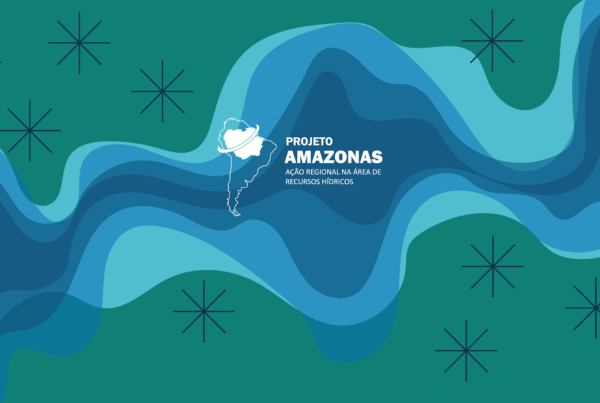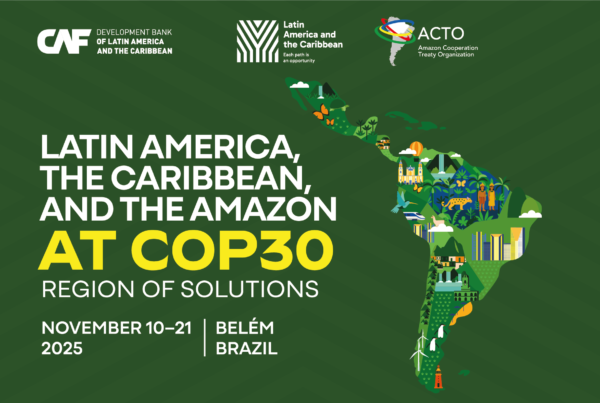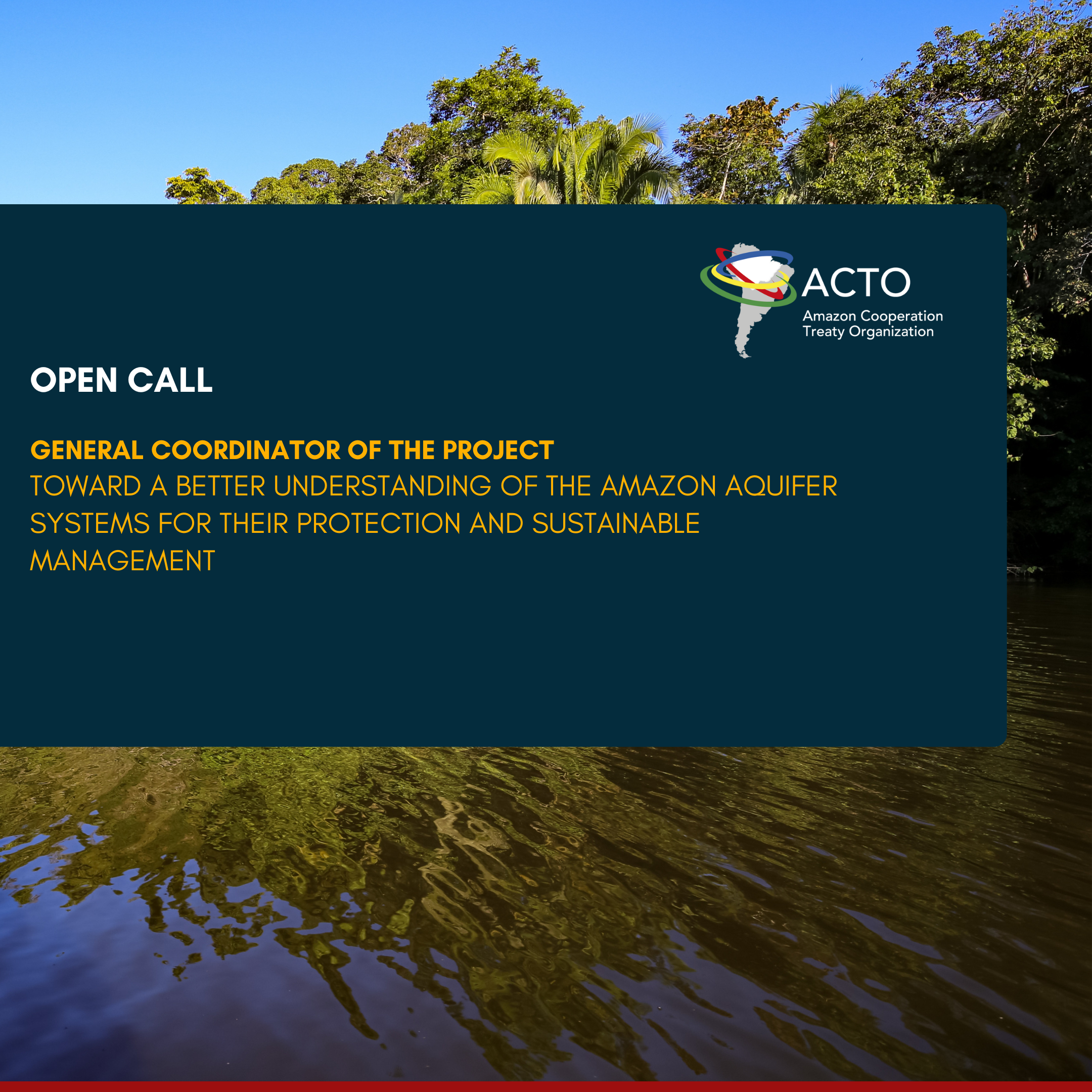On Saturday, November 12, the project implemented by ACTO for the creation of the Amazon Indigenous Peoples Platform was presented at the session on “Progress and challenges of the incorporation of indigenous peoples in climate policies in the region, within the framework of the Paris Agreement” held at the Euroclima pavilion in Sharm el Sheikh-Egypt, venue of the COP27, which, according to its Presidency, should be remembered as the “Implementation COP”.
This initiative to promote the Amazon Indigenous Peoples Platform responds to the strategic position of the Amazon for the planet owing to its great biocultural wealth, where more than 400 indigenous peoples live and whose knowledge and practices are central to addressing the impacts of climate change. These impacts are being experienced with increasing intensity, particularly by indigenous peoples.
The project coordinator, Elvira Gutierrez, pointed out that this Amazon Platform will be the first regional initiative of its kind worldwide, thanks to the commitment of ACTO Member Countries: Bolivia, Brazil, Colombia, Ecuador, Guyana, Peru, Suriname and Venezuela, who are determined to move towards the operationalization of paragraph 16 of Decision 2CP/24 of the United Nations Framework Convention on Climate Change (UNFCCC), to increase the participation and inclusion of indigenous peoples, facilitate the exchange of experiences, best practices and lessons learned in terms of a comprehensive and integrated mitigation and adaptation at the regional level. She also mentioned that Indigenous Peoples’ knowledge has at the core of their actions, the care of Life and Mother Earth, therefore, it should be integrated into climate action and policies.
Other speakers from different public agencies from Argentina, Brazil, Colombia, Costa Rica and Panama also participated in the event, highlighting with concrete examples, how to integrate this knowledge into public policies on climate change. Leticia Cruells from Argentina, referred to the importance of having specific spaces, through intercultural dialogues, with indigenous peoples, while Sandra Akemi Kishi, Regional Prosecutor in the Federal Public Ministry of Brazil, referred to how indigenous peoples are the ones who most protect nature and, at the same time, the ones who suffer the most from the effects of climate change. Finally, the Colombian panelist, Angélica María Mosquera, climate change advisor in her country, referred to the fact that adaptation projects require vulnerability analysis to identify the best measures and that these should include both ancestral and scientific knowledge.
Alejandra Loria, from the National Commission for Biodiversity Management of Costa Rica; anthropologist in charge of sociocultural, indigenous and gender issues and focal point for Article 8j of the Convention on Biological Diversity, stressed that public policies must be designed in a participatory manner and that the conservation vision of indigenous peoples must be strengthened.
Maribel Pinto, from Panama’s Ministry of the Environment and head of the Adaptation Department of the Climate Change Directorate, highlighted the value of meeting with each community to learn about their activities and about the climate change impacts that affect them the most, with the purpose of finding appropriate solutions.
The event was moderated by Onel Masardurle, vice-chair of the Facilitative Working Group (FWG) of the Local Platform of Indigenous Peoples and Local Communities (LCIPP), who gave a motivating and comprehensive presentation on LCIPP in the framework of the UNFCCC. Walter Gutierrez, GRULAC representative to the FWG, highlighted the importance of articulating both the actions of indigenous peoples and governmental actions in order to be effective against climate change, as well as the need to operationalize the decisions of the Paris Agreement at the regional and national levels at which the impacts of climate change are felt. Finally, he referred to the fact that this activity contributes to activity 5 of the Second Work Plan of the FWG.



